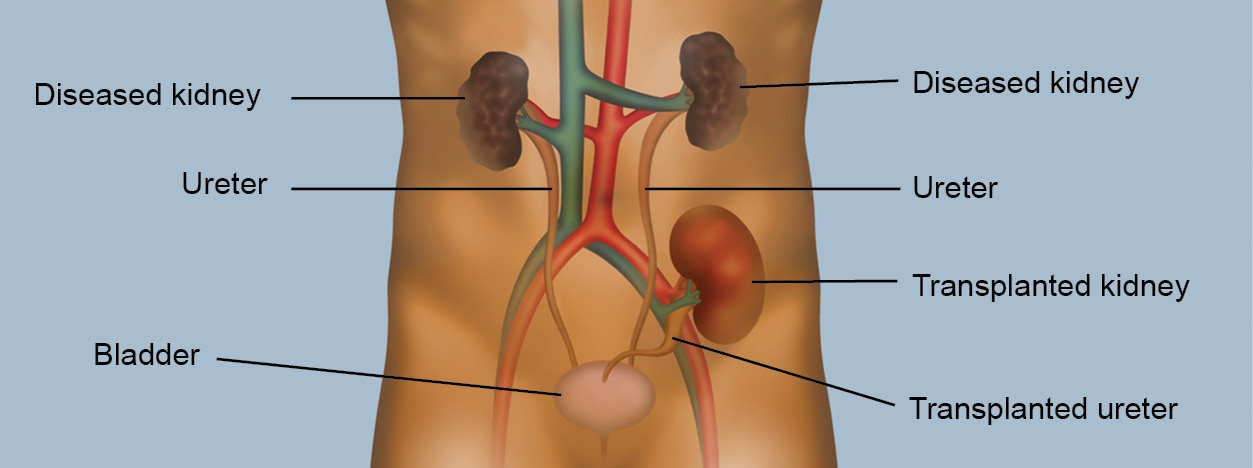
In many cases, dialysis patients are concerned about the change in quality of life they may experience after they are given a new kidney. In various studies, people who have received kidney transplants and have been living with them for at least 10 years had a greater survival rate than those who are presently on dialysis. For the first three years after their transplant, eight out of ten people who received a new kidney still had it working properly.
Dialysis patients' overall survival is lower than that of individuals who get an artificial kidney. Getting a replacement kidney for someone who has renal illness, on the other hand, has several extra benefits. Listen to the stories of four of our transplant recipients to have a better understanding of the process of obtaining a transplant and how it has changed their life. Choosing kidney transplant centers in florida is safe here.

A kidney transplant recipient has laid down the five stages needed in receiving a live donor kidney transplant.
As soon as you ask your doctor, primary care provider, or dialysis nurse to help you find an appropriate kidney transplant institution, you've begun the kidney transplant process.
The second part of the kidney transplant process is a thorough assessment and screening of your current health. A day-long visit to the Transplant Clinic is required for this phase. Medical professionals with expertise in kidney disease and transplantation will assess your condition during this consultation. Choosing the florida hospital kidney transplant center for such works is wise.
Wait for a phone call from the transplant hospital to confirm that a replacement kidney has been identified for you and is a match. It is essential that you be available by phone and ready to undertake the treatment when contacted by the centre. For a deceased donor kidney, a patient in the United States may expect to wait an average of five years for a transplant.
As an alternative to waiting years for a deceased donor, find a healthy someone nearby who is willing to donate one of their kidneys. Instead of waiting for a deceased donor, this may be done. It is possible to donate a kidney to someone in need while the donor is still alive via the process known as a living donation.
Since 1954, kidney transplant surgery has been available to patients. For surgical operations, there is much less chance of complications due to this expertise. Eighty-five percent of the time, patients are permitted to leave the hospital within three days of their hospitalisation. Even if everything goes according to plan and your new kidney is operating well, you should expect to remain in a nearby hotel for another week. As a precaution, you will be closely monitored for any signs of infection or organ rejection throughout this time period. Your body will get a new kidney at this point in your life.
For the next several months, you will need to be closely monitored and undergo regular blood tests. There will be no end to any of these things. Telemedicine stations have been set up all around the state, so much of this monitoring may be done locally. Eventually, when your new kidney begins to function regularly, you will need fewer tests and monitoring visits.